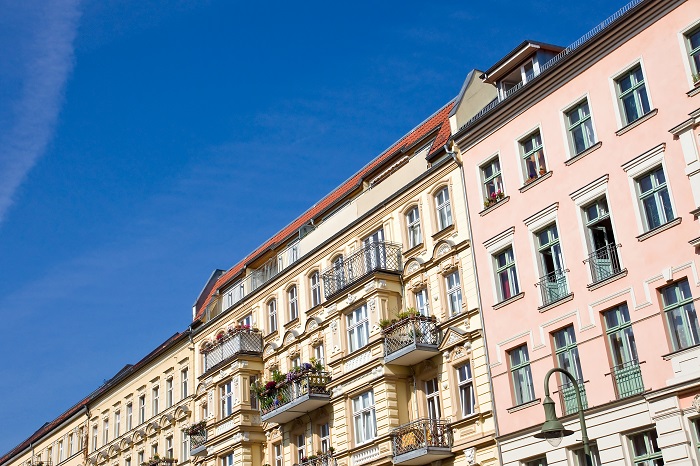The cost of living in the United Kingdom has been a significant topic, with housing costs often taking center stage. As such, people considering relocating to the UK typically ask one question: “How much is an average apartment in the UK?” To answer this, we will explore both rental and purchasing prices across various regions and factors that influence these costs.
Average Rent Prices for Apartments Across the UK
As with places worldwide, rent costs in the UK can vary depending on several factors, including location, size, and the type of property. Rent prices have risen significantly over the years; therefore, understanding the average costs is essential when considering different options available for renting or leasing apartments in the UK.
London and Surrounding Areas
London, being the capital city and financial hub of the UK, understandably has the highest rental prices. The average monthly rent in London stands at around £1,600 per month. However, when breaking it down to specific boroughs, areas such as Kensington and Chelsea can see higher averages of up to £2,500 per month. In contrast, outer suburbs like Barking and Dagenham can offer more affordable options at approximately £1,200 per month.
Other Popular Cities in England
Moving outside of London, popular cities like Manchester, Birmingham, and Bristol present slightly lower rents. The average monthly rent for an apartment in these cities ranges from around £700 to £900.
Scotland
In Scotland’s two largest cities, Edinburgh and Glasgow, renters will find more moderate prices when compared to London and its surrounding areas. While Edinburgh’s rental costs can vary, its average monthly rent for an apartment is roughly £1,000, with Glasgow coming in slightly lower at around £700.
Wales and Northern Ireland
In Wales, Cardiff boasts affordable rental costs for an apartment averaging between £600 to £800 per month. Belfast, capital of Northern Ireland, is another city that offers reasonable median rents at about £650 per month.
Average Purchasing Prices for Apartments Across the UK
If purchasing an apartment in the UK is on your radar, it’s crucial to have a clear understanding of the average prices. Some factors impacting purchasing prices include location, type and size of property, demand, and market trends. Let’s take a look at some of the average costs across different regions.
London
As expected, London leads the pack when it comes to buying apartments in the UK. The cost of purchasing an apartment varies significantly within London itself, with areas like Kensington and Chelsea witnessing averages well above £1 million. Other boroughs can offer slightly more affordable options, but the typical price range remains high, between £400,000 and £900,000.
England – Excluding London
In other English cities like Manchester, Birmingham, and Bristol, prospective buyers will find apartment purchase prices significantly more affordable than those in London. Average prices in these cities can range from approximately £150,000 to £250,000.
Scotland
Edinburgh and Glasgow display more modest purchasing costs for apartments compared to their counterparts south of the border. With Edinburgh averaging around £220,000 and Glasgow at just £120,000, most prospective buyers can expect to find suitable options within these ranges.
Wales and Northern Ireland
In Cardiff, Wales, apartment prices generally range from £125,000 to £200,000. Meanwhile, Belfast in Northern Ireland offers affordability with average property values around £130,000.
Factors Influencing Apartment Costs in the UK
While location is a significant determinant of apartment cost, other factors contribute to variations in rental and purchasing prices across the UK. Some of these include:
- Demand: High demand for apartments in popular areas often leads to increased costs. London’s high prices reflect its global popularity and resulting housing demand.
- Transport Links: Apartments that have quick access to local transport links like buses, trains, or underground lines tend to be more expensive, particularly in bigger cities like London and Manchester.
- Amenities: Availability of nearby amenities such as shops, restaurants, parks, and schools can impact apartment costs.
- Property Age and Condition: Generally, older properties are cheaper but may require additional maintenance and repairs. Newer developments often come at a premium due to their modern design, facilities, and energy efficiency.
Knowing what drives the price of an apartment in different locations helps you better understand the various costs associated with living in the UK and allows you to make informed choices when looking for your ideal place to call home.





